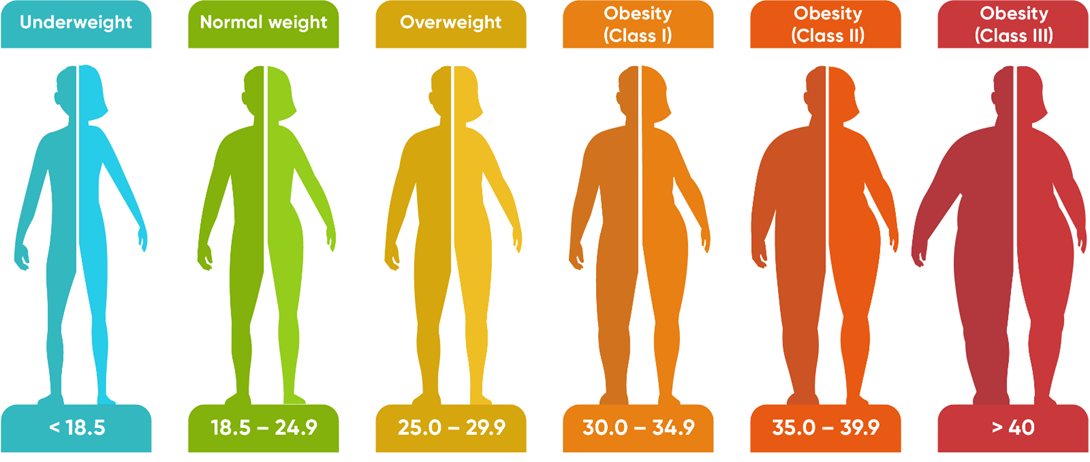A nurse is assessing a client who is in the second trimester of pregnancy and has a BMI within the expected reference range. Which of the following assessment findings indicates that the client will gain weight within the expected reference range?
Weight gain of 0.45 kg (1 lb) per week
Intake of 200 extra calories per day
Intake of 100 extra calories per day
Weight gain of 0.91 kg (2 lb) per week
The Correct Answer is B
Choice A reason: Weight gain of 0.45 kg (1 lb) per week is not within the expected reference range for a client who is in the second trimester of pregnancy and has a normal BMI. The recommended weight gain for this client is 0.35 to 0.5 kg (0.8 to 1 lb) per week.
Choice B reason: Intake of 200 extra calories per day is within the expected reference range for a client who is in the second trimester of pregnancy and has a normal BMI. The recommended caloric intake for this client is 2200 to 2900 calories per day, which is about 340 to 450 calories more than the pre-pregnancy intake.
Choice C reason: Intake of 100 extra calories per day is not within the expected reference range for a client who is in the second trimester of pregnancy and has a normal BMI. The recommended caloric intake for this client is 2200 to 2900 calories per day, which is about 340 to 450 calories more than the pre-pregnancy intake.
Choice D reason: Weight gain of 0.91 kg (2 lb) per week is not within the expected reference range for a client who is in the second trimester of pregnancy and has a normal BMI. The recommended weight gain for this client is 0.35 to 0.5 kg (0.8 to 1 lb) per week.

Nursing Test Bank
Naxlex Comprehensive Predictor Exams
Related Questions
Correct Answer is B
Explanation
Choice A reason: Bran cereal is high in phosphorus, containing about 34% of the DV per cup (118 g) ( 1 ). Phosphorus is a mineral that helps build strong bones and teeth, but too much of it can cause problems for people with kidney disease. The kidneys normally filter out excess phosphorus from the blood, but when they are damaged, phosphorus can build up and cause bone loss, itching, and calcification of blood vessels and organs ( 2 ).
Choice B reason: A medium apple is low in phosphorus, containing only 3% of the DV per 182 g ( 3 ). Apples are also a good source of fiber, vitamin C, and antioxidants. They can help lower blood pressure, cholesterol, and blood sugar levels, which are beneficial for people with kidney disease ( 4 ).
Choice C reason: Scrambled eggs are moderate in phosphorus, containing about 12% of the DV per large egg (50 g) ( 5 ). Eggs are also high in protein, which can increase the workload of the kidneys and worsen kidney function. People with kidney disease should limit their protein intake to 0.8 g per kg of body weight per day, unless advised otherwise by their doctor ( 6 ).
Choice D reason: Ground turkey is high in phosphorus, containing about 16% of the DV per 3 oz (85 g) ( 7 ). Ground turkey is also high in protein, which can have the same negative effects as eggs on kidney function. People with kidney disease should choose lean meats and poultry, and eat them in moderation.
Correct Answer is B
Explanation
Choice A reason: Changing the feeding to a continuous infusion may not improve the constipation, as it does not address the fluid deficit or the fiber content of the formula. Continuous infusion may also increase the risk of aspiration, diarrhea, and bacterial contamination¹.
Choice B reason: Increasing the amount of free water can help prevent or treat constipation by hydrating the stool and facilitating its passage. The client's fluid intake and output indicate a fluid deficit, which can contribute to constipation. The recommended fluid intake for adults is 30 to 35 mL/kg/day².
Choice C reason: Decreasing the infusion rate of feeding may worsen the constipation, as it reduces the caloric and fluid intake of the client. The infusion rate should be based on the client's nutritional needs and tolerance¹.
Choice D reason: Requesting a prescription for a diuretic is not appropriate, as it would further dehydrate the client and aggravate the constipation. Diuretics are indicated for clients with fluid overload, not fluid deficit³.
Whether you are a student looking to ace your exams or a practicing nurse seeking to enhance your expertise , our nursing education contents will empower you with the confidence and competence to make a difference in the lives of patients and become a respected leader in the healthcare field.
Visit Naxlex, invest in your future and unlock endless possibilities with our unparalleled nursing education contents today
Report Wrong Answer on the Current Question
Do you disagree with the answer? If yes, what is your expected answer? Explain.
Kindly be descriptive with the issue you are facing.
